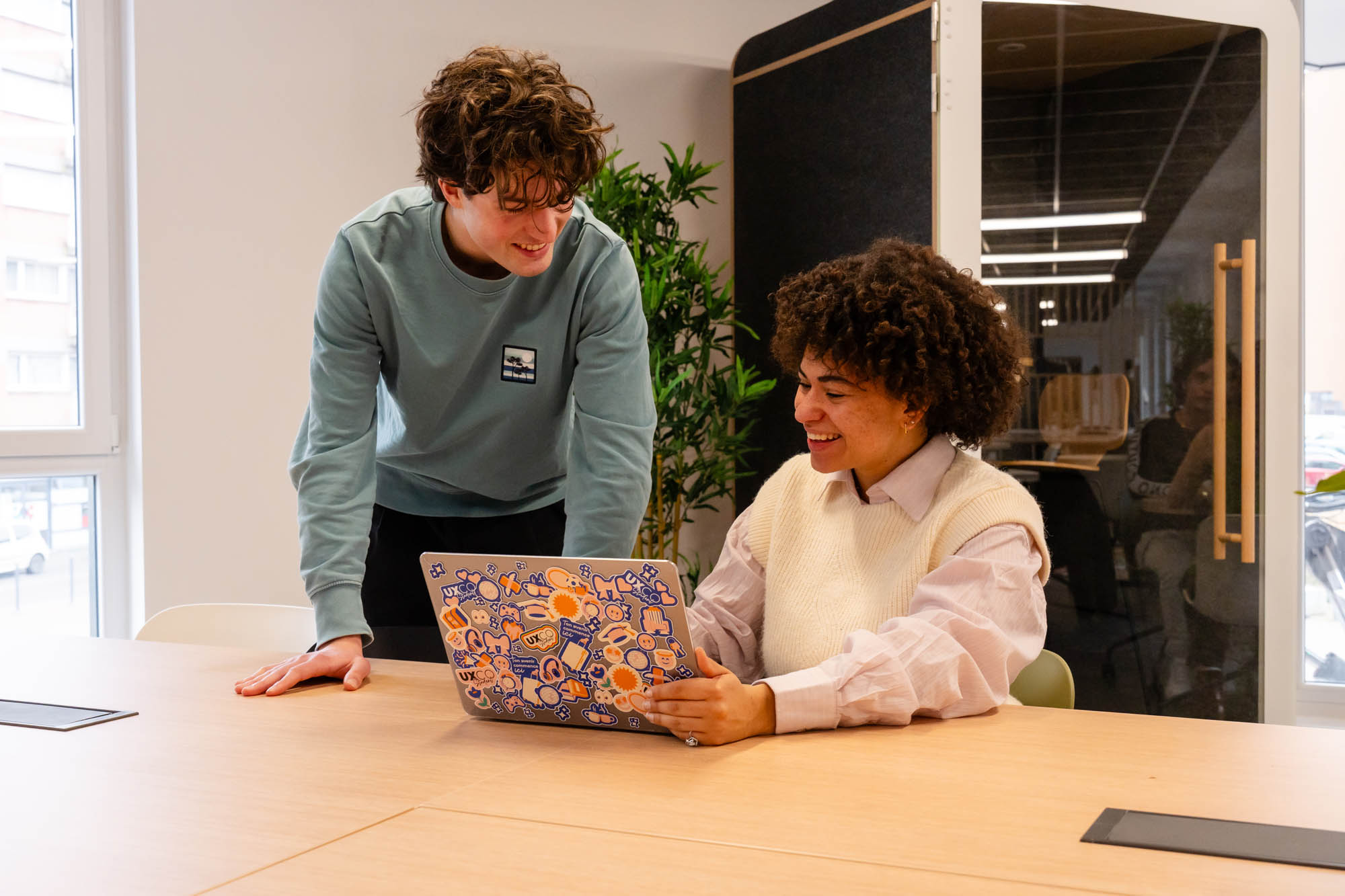How to Find an Internship: Practical Advice for Students
Looking for an internship but don’t know where to start? This guide walks you through each step: search tools, CV writing, applications, interviews and networking.

Finding an internship can feel overwhelming, but with the right method and tools, it’s completely doable. This guide will help you structure your search and land the internship that suits you best.
🔎 As an intern, every experience helps you better understand the professional world and refine your future career path.
1. Define Your Internship Objectives
Before sending out applications, ask yourself:
- In which field do you want to intern?
- What skills do you want to develop?
- How long should the internship last?
- What period are you available?
👉 These elements help you target relevant offers and tailor your approach.
💡 Example: If you’re studying communication and want to gain experience in social media, look for internships in digital agencies or company comms departments—rather than PR-focused roles.
🧠 Reminder: Some courses offer work-study placements. If that’s your case, make sure the company can host you for the entire duration of your contract.
📝 Clearly defining your ideal internship length helps you find offers that match your school’s expectations.
🏠 If your internship is far from home, don’t forget to plan for housing: there are many options for mobile interns, from student residences to flatshares.
2. Where to Look: Best Platforms for Internships
Here are the most effective sites to find an internship:
- Welcome to the Jungle
- Indeed
- JobTeaser
- L’Étudiant
- Company career pages
💡 Tip: Set up job alerts to save time and never miss a new opportunity.
🌍 These platforms cover all of France, allowing you to search based on your location and flexibility.
🎯 By narrowing your search, you’ll more easily find offers aligned with your profile and professional goals.
3. Polish Your CV and Cover Letter
CV Tips:
- Keep it to 1 page
- Use clear sections
- Include relevant keywords
- Choose a clean, readable layout
💡 Example: If applying for a digital marketing internship, highlight tools like Google Analytics or SEO projects from uni.
🎓 A good CV stands out—especially for candidates at A-level or early university stages.
Cover Letter Tips:
- Personalize it for each company
- Use the “YOU – ME – US” method
- Keep it concise and focused
📥 A strong application shows that you understand the company’s needs and know how to position yourself in the internship market.
4. Use Your Network to Find an Internship
- Let friends, family and classmates know you’re looking
- Leverage your professors’ contacts
- Attend career fairs or student events
- Be active on LinkedIn
💡 Example: Emma posted on LinkedIn saying she was looking for an HR internship. A classmate put her in touch with their company—and her application was accepted days later.
🤝 Your network can open doors to unexpected opportunities, especially through past professional encounters.
5. Prepare for the Internship Interview
- Practice your 2–3 minute pitch
- Research the company in depth
- Prepare for common questions
- Ask thoughtful questions about the role and team
💡 Example: Paul, a marketing student, analysed a recent Instagram post from the company and suggested an improvement during the interview. The recruiter loved his initiative and selected him among 40+ candidates.
🗂️ Show that you’re genuinely interested in the company’s activity and vision.
6. Stay Organized to Boost Your Chances
- Use a spreadsheet to track applications
- Set time slots for sending CVs
- Follow up 7–10 days after applying
💡 Tip: Some people aim to send three applications a day—it keeps momentum going and reduces stress.
🧭 Learning how recruitment works also gives you long-term tools to succeed in the job market.
FAQ
FAQ – Frequently Asked Questions
Target businesses in your sector. Use relevant keywords and don’t be afraid to apply speculatively.
LinkedIn, Welcome to the Jungle, JobTeaser, L’Étudiant, Indeed—and your uni’s internal portals.
Speak to people around you, publish a LinkedIn post, and attend career events or company open days.
Tailor each one, be clear and concise, and make sure they match the job offer.
Be yourself, do your homework, practise your pitch and prepare some smart questions.
Summary
Knowing how to find an internship means asking the right questions, using the best resources, and staying proactive. A great internship experience can even lead to a job, especially if the company continues its recruitment process.




